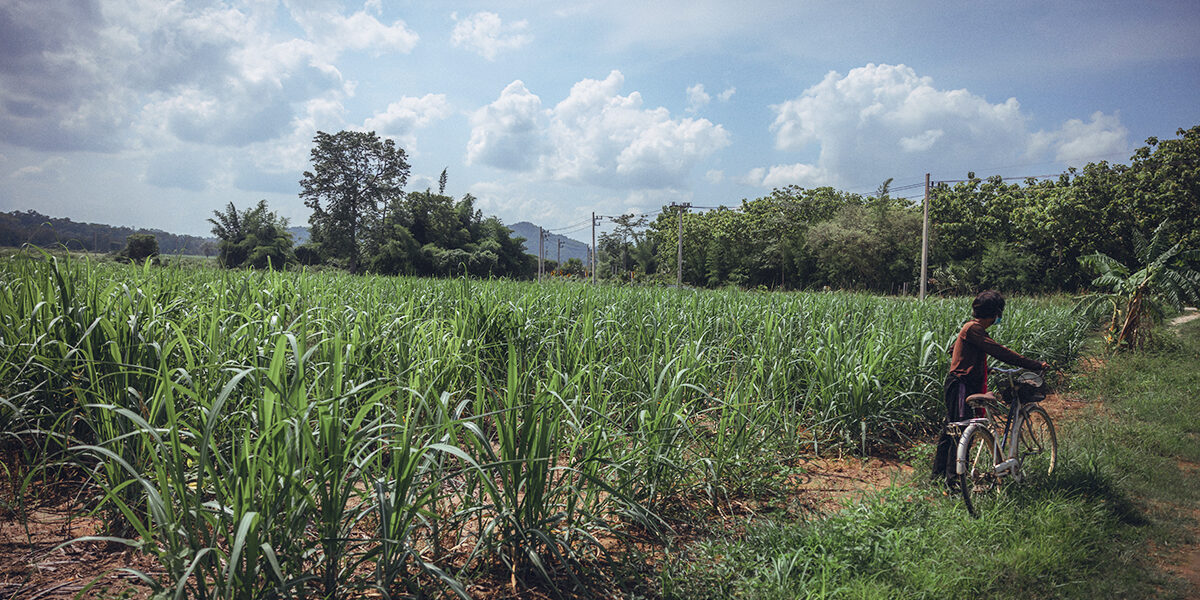
Using digital tools and multi-stakeholder engagement to improve human rights due diligence
Name of the project: Using digital tools and multi-stakeholder engagement to improve human rights due diligence
Call for proposals theme: Collective action to strengthen human rights and promote decent work in the sugarcane sector
Project lead: Unilever
Grant awarded: £150,000
Project budget: £820,608.77
Photo at the top of the page: Migrant workers in an agricultural farm in Mae Sot, Tak Province. Photo by IOM/ Javier Vidal



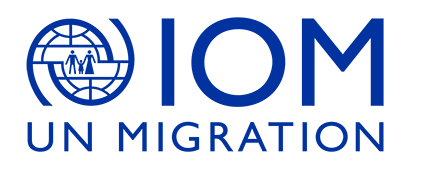
A public-private shared value partnership for the achievement of Sustainable Development Goals (SDGs), especially SDG 8: Decent Work and Economic Growth; SDG 10: Reduce inequality within and among countries, SDG 5: Gender Equality and Women’s Empowerment, between the global consumer goods manufacturers Unilever and the Coca Cola Company, the International Organization for Migration (IOM) – the leading intergovernmental organisation within the UN system promoting humane and orderly migration – and impact tech business Diginex, which uses blockchain technology to help organisations address ESG and sustainability issues.
Purpose of the project
This project aims to address the high prevalence of forced labour and gaps in respecting migrant workers’ rights, as well as gender discrimination (such as wage gaps, unequal representation, lack of access to social security, and incidents of sexual harassment) that affect men and women workers in the sugar value chain.
To tackle the root causes of these issues, the partners will use impact tech and participatory worker engagement models with vulnerable migrant workers and lower tier suppliers to enhance transparency and strengthen Human Rights Due Diligence (HRDD) systems.
The project will combine IOM’s Participatory Rural Appraisal (PRA)* approaches, Diginex’s digital worker and employer tools (LUMEN and APPRISE), with Unilever’s and The Coca Cola Company’s economic leverage. This will lead to the development of an operational worker engagement model that is responsive to the needs of rural and vulnerable populations.
Effective and meaningful engagement of migrant workers through the PRA methods will help stakeholders better understand how gender, migration status and/or the intersectionality of the two, impact the risk of labour exploitation.
This will inform a migrant and gender-centred public-private dialogue with key stakeholders (including civil society) on required changes in policies and practices at the national and sectoral level.
Moreover, this intervention can positively impact the sugarcane sector, especially as the world defines “the new normal” following the COVID-19 pandemic.
*Participatory Rural Appraisal (PRA), recently renamed Participatory Learning for Action (PLA), is a methodological approach that is used to enable farmers to analyse their own situation and to develop a common perspective on natural resource management and agriculture at village level. Source: Better Evaluation
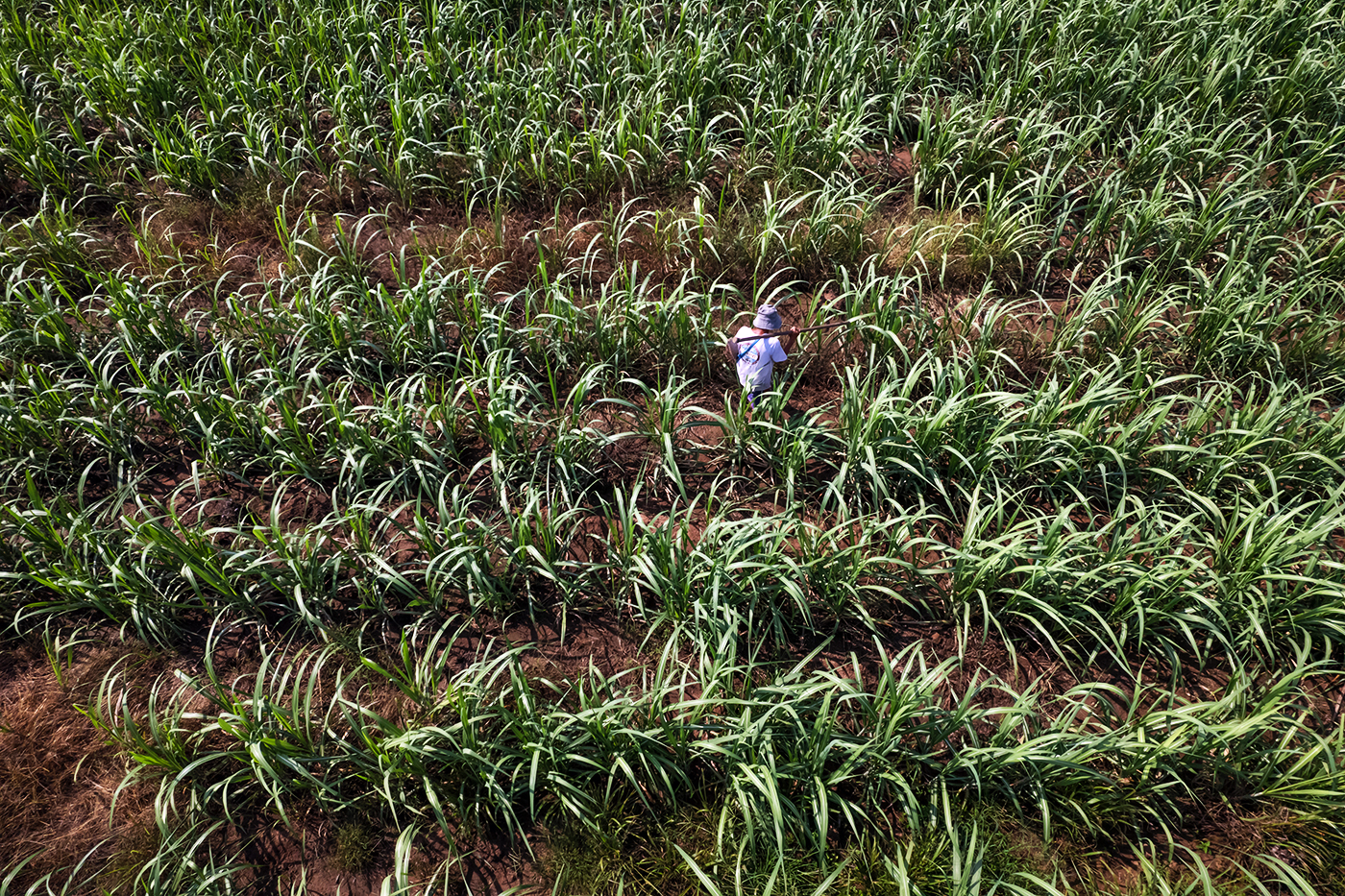
Location
The initiative will take place in Thailand and India, two major sugarcane producing countries in Asia.
In Thailand, the project will target internal (including seasonal internal workers migrating for the sugarcane harvest to the North, Northeast and Central regions) as well as foreign workers, predominately from Cambodia and Myanmar.
In Uttar Pradesh State, India, the project will focus on engagement with internal migrant workers (predominantly from migrant-prone states such as Bihar, West Bengal, and Odisha, among others) who migrate to key sugarcane producing states.
Why this project?
The Bonsucro Impact Fund supports collaborative, scalable projects that address the root causes of issues and accelerate sustainable sugarcane production.
Scalability
This project will deliver a combination of models and online tools to engage men and women migrant workers, that can be used and replicated globally by Bonsucro members and participating brands. They aim to facilitate more effective identification of key human rights risks facing these workers.
Feedback provided by workers can support Bonsucro, brands, suppliers and governments to address systemic root causes of risks in a way that addresses workers’ needs.
A systemic approach that connects to the root causes of the problem
This project will seek to address the root causes of decent work deficits by first and foremost giving a voice to underrepresented groups. The audio-based and multi-lingual format of the worker voice tool ensures that the barriers facing migrant workers to share their recruitment and employment experiences are minimized. It will help to even out the power imbalances in the supply chain and promote social dialogue between employers and worker representatives to address issues.
In the same way, the gender and forced labour modules on LUMEN will help employers identify management system and policy gaps in their operations. This will be supplemented by a data triangulation feature that helps comparing perspectives of workers and employers on key topics.
With an understanding of these gaps, an effective remediation plan will be designed consultatively with all stakeholders, including the beneficiaries, to ensure that they address root causes and prevent recurrence.
Sustainability
Evaluations have shown that long-term engagement between suppliers and buyers, built upon cooperation, have proved most effective in improving labour standards within global supply chains.
To enable effective business transformation, Unilever and its project partners are committed to participatory approaches, where solutions are developed based on feedback from (migrant) workers, suppliers and buyers themselves.
The project’s sustainability also rests on the ownership of local policy makers, including the Office of the Cane and Sugar Board in Thailand, as well as its focus on strengthening of policies and management systems and structures of public and private actors.
Expected outcomes
- Better understanding of the root causes of human rights issues among sugarcane workers, with a focus on migrants and women employed in Unilever and Coca-Cola supply chains.
- Improved remediation of salient human rights issues and migrant worker grievances in Unilever and Coca-Cola supply chains.
- Strengthened Human Rights Due Diligence systems for better identification, prevention, mitigation and remediation of salient human rights issues.
- Vulnerable workers participate in Human Rights Due Diligence (300-500 workers across Thailand and India)
- Royal Thai Government and other key stakeholders gain migrant worker-centered evidence to inform and improve national legislation.
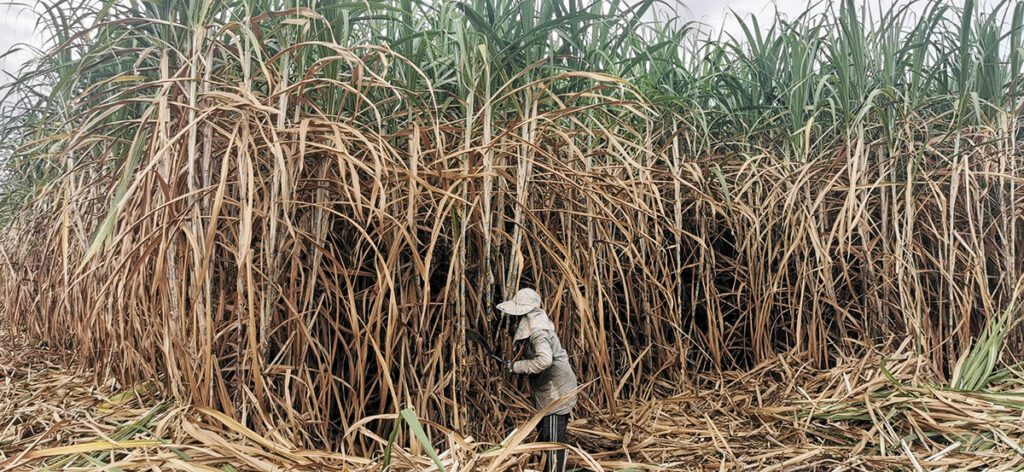
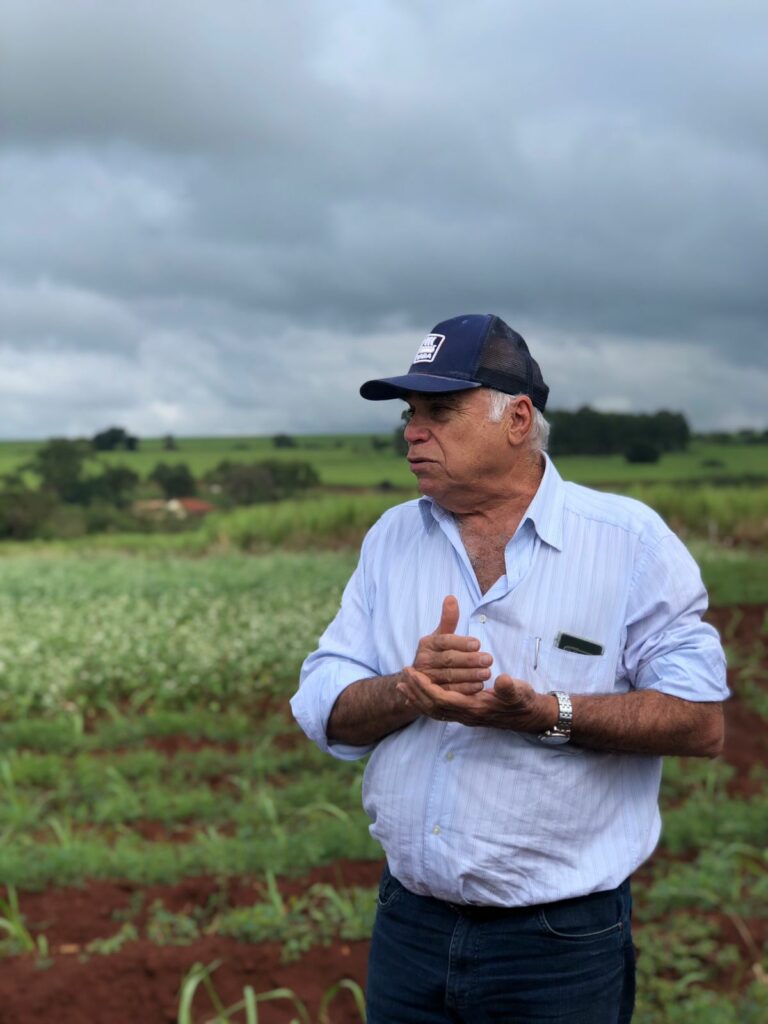
Project updates
Every six months, grantees of the Bonsucro Impact Fund have to submit a progress report. Here are some of the most recent updates about this project (August 2023):
- Checks taking place 30 and 60 days after planting are showing improved conditions in the two demo plots. Some species of cover crops are developing satisfactorily, others not so well. So far, the demo plots have shown a reduced usage of fertilisers and herbicides.
- The survey carried out showed that the majority of farmers believe this approach improved biological soil conditions, improves use of biological inputs and reduces use of chemical inputs, moving towards sustainable practices. The associate farmers were amazed at the huge presence of bees in the plots, which was a clear sign of reviving the natural ecosystem.
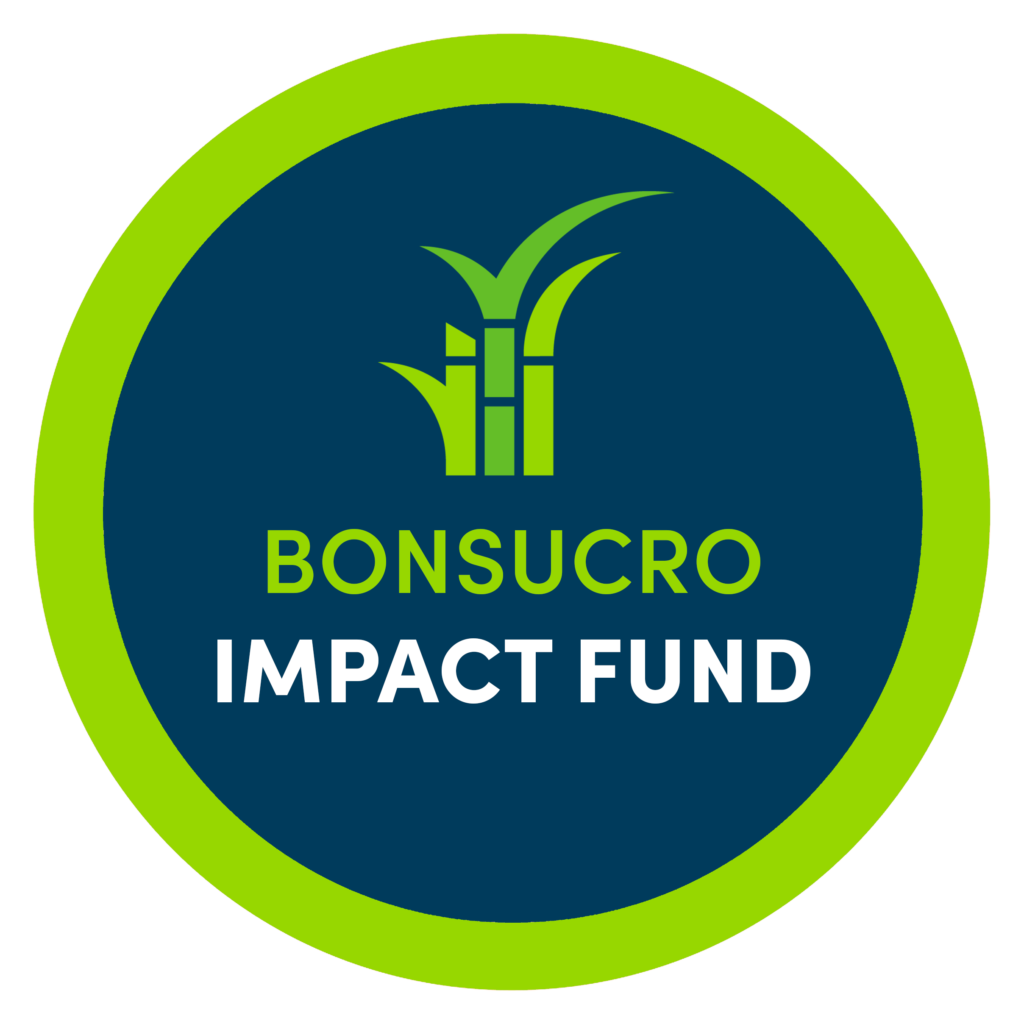
Bonsucro Impact Fund
The Bonsucro Impact Fund invests in impact projects that address critical sustainability challenges in the sugarcane sector.
The Bonsucro Impact Funds uses income from the sale of Credits through the Bonsucro Credit Trading Platform.
All trades are charged a transaction fee, around 50% of which is invested into the Bonsucro Impact Fund.
Learn more about the Fund and check for grants available here.
Bonsucro Credit Trading
By purchasing Bonsucro credits for sugarcane, ethanol, molasses and raw sugar, companies support impact projects on the ground through the Bonsucro Impact Fund.
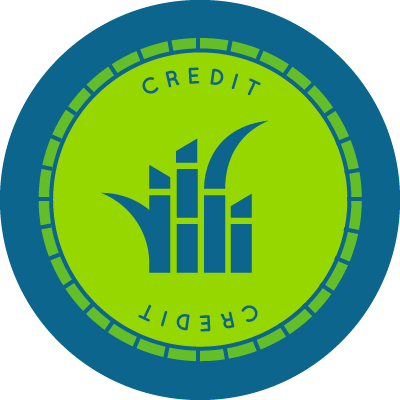
Sign up to our newsletter
Get the latest industry insights, and stories from all corners of the supply chain straight to your inbox.




